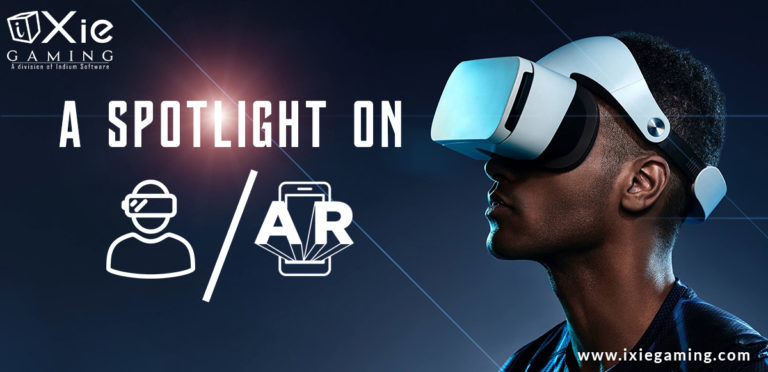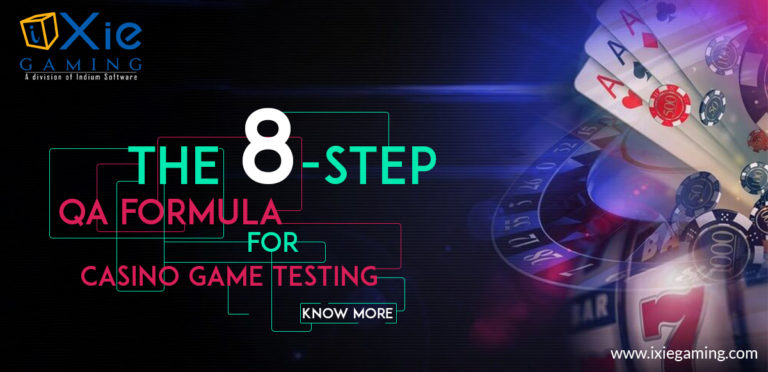Over the past several years, the gaming industry has experienced tremendous growth as millions of people all over the world have turned to games for entertainment. Players now demand games that are customized to their specific interests and are no longer satisfied with generic gaming experiences. This is where game analytics comes in. By enabling developers to design individualized gaming experiences that address specific user requirements, game analytics can help satisfy these expectations.
In this article, we’ll examine how game analytics can enable personalized gaming experiences. We’ll explore how game analytics can provide valuable insights into player behavior and preferences, and how this information can be used to create more engaging and satisfying gaming experiences. We’ll also discuss some of the advantages and drawbacks of using game analytics to create personalized gaming experiences.

Understanding Game Analytics
The term “game analytics” describes the gathering and examination of player-generated data. This data consists of details like how frequently a player checks in, how long their gameplay sessions last, what they do, what they decide, and what happens as a result of their choices. Additionally, game analytics software may gather player demographics, device types, and network conditions. Examining this data can reveal important information about players’ preferences, motives, and actions.
How Analytics are Used in the Gaming Industry
The gaming industry makes extensive use of game analytics to enhance user engagement, monetization plans, and game creation. The gaming sector uses game analytics in the following ways:
- Player Behavior Analysis: Game analytics can give information on how players interact with a game, including which levels they find challenging, how long they play for, and which features they use most frequently. This data can be utilized to enhance user engagement, boost retention, and improve game design.
- Monetization Optimization: Game analytics can help game creators to optimize their monetization strategy by analyzing in-game purchases and determining the most lucrative goods or features. To enhance sales, this information can be utilized to develop targeted promotions or change prices.
- A/B Testing: You can test different game features or pricing schemes using game analytics. Developers can determine whether improvements increase engagement or monetization by comparing the performance of several game versions.
- Bug and Error Monitoring: You can also use analytics to track game performance and detect bugs or errors that could affect user experience. Developers can improve customer satisfaction and lower churn by immediately recognizing and fixing these problems.
- Predictive Analytics: you can use analytics for predictive analytics, such as determining which players are most likely to leave or which features will probably be the most well-liked. This information can be used to make data-driven decisions about game development and marketing strategies.
The Concept of Personalized Gaming Experiences
Games that are specially designed to accommodate each player’s distinct tastes are referred to as personalized gaming experiences. There are several ways to personalize an experience, including specialized content, flexible gameplay, and unique incentives. Personalized games give users more immersive and engaging experiences, boosting their satisfaction and retention rates. With the use of personalization, game designers can enhance their designs and provide more interesting material by learning what players enjoy and hate about their games.
How Game Analytics Enable Personalization in Gaming
To provide individualized gaming experiences, game analytics is essential. With the game analytics software, developers can gather data about user preferences and patterns of activity. Afterward, they can examine the data to provide details about certain players and their particular preferences. Game designers can then use these insights to customize gameplay to suit the preferences of each player. For instance, you can use game analytics to award customized prizes. Also, you can adjust a game’s difficulty level based on the preferences of the player, or suggest new games.
Additionally, you can use game analytics to track player engagement levels and spot potential improvement opportunities. For instance, if players start leaving a game at a certain point, analytics can help determine why and allow developers to fix the problems. In this way, game analytics can help developers continuously enhance the gaming experience for all players.
Benefits of Personalized Gaming Experience
Players and game developers can benefit from personalized gaming experience in the following ways:
- Increased Engagement: It makes games interesting to play especially when the features match the player’s preferences.
- Enhanced Player Satisfaction: The customization helps players connect to the game and this can increase player satisfaction and loyalty.
- Better Game Design: Personalization insights can help game developers to improve the game design based on the preference of customers.
- Improved Retention: It can improve player retention by creating a more engaging and satisfying gameplay experience.
- Increased Monetization: Personalization can also help to increase monetization by offering players relevant and targeted in-game purchases or advertisements.

Ethical Concerns Related to Data Collection and Usage
While individualized gaming experiences are made possible by game analytics, their utilization is not without its difficulties and restrictions. The ethical concerns surrounding the acquisition and use of data are one of the major obstacles. Players may feel uneasy about the acquisition and usage of their data, particularly if they are unsure of how it will be put to use. The limitations of game analytics for personalization provide another difficulty. It’s possible that game analytics systems won’t have all the information needed to produce completely customized experiences.
To solve these issues, developers must be open and honest about how they acquire and use data. Additionally, businesses must provide players access to their data and guarantee that they only gather the information required to enable customized experiences. Alternative personalization methods, including multiplayer games or player-to-player interactions, are also available for developers to use. Instead of gathering as much data, developers can create personalized experiences by adopting these alternate methods.
The Future of Game Analytics and Personalized Gaming Experiences
Gaming analytics and individualized gaming experiences have a bright future. The analytics systems will grow ever more sophisticated and capable of gathering and analyzing enormous quantities of data as technology develops. Players will be able to enjoy games that are catered to their interests thanks to the utilization of this data to generate even more personalized experiences. In the future, more social gaming experiences could be made using game analytics, enabling gamers to interact with one another.
Final Thoughts
In addition, strong game analytics can help developers create personalized gaming environments that are tailored to the specific tastes of players. By using data to understand each player’s gameplay habits and preferences, developers can create unique gaming experiences that are customized to the individual. However, it’s important to acknowledge that there are inherent difficulties and restrictions with game analytics, such as concerns about data privacy and the potential for creating a less diverse player experience.
To address these challenges, game developers must be open and honest about how they gather and use data. By being transparent about their practices, developers can build trust with players and ensure that they are using data ethically and responsibly. As the gaming market continues to expand, game analytics will become even more crucial in enabling customized gaming experiences that keep players engaged and coming back for more.






